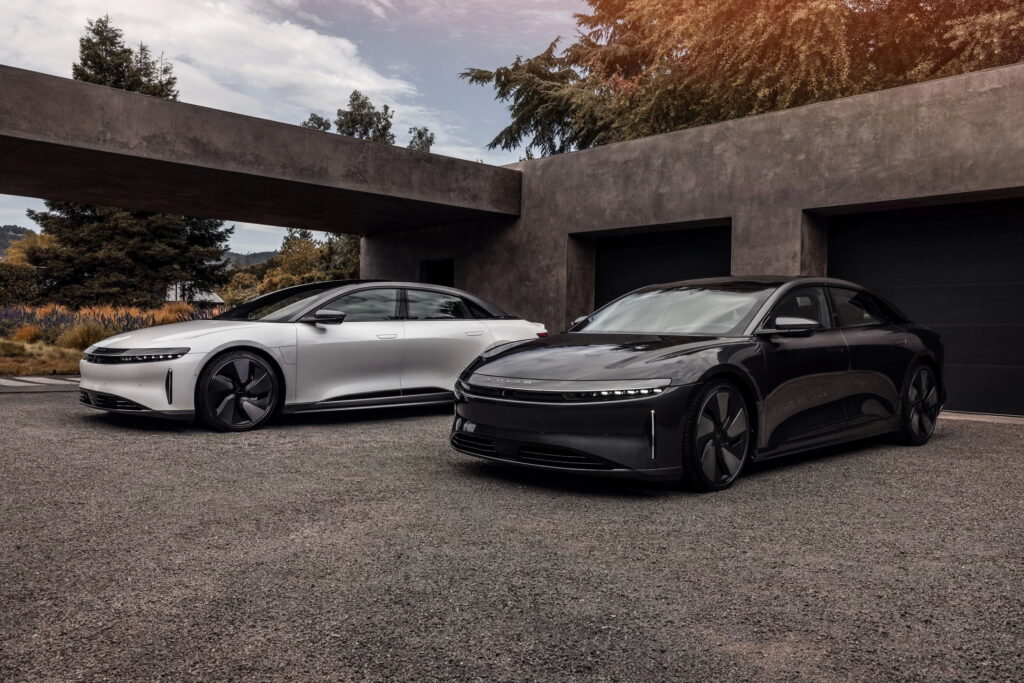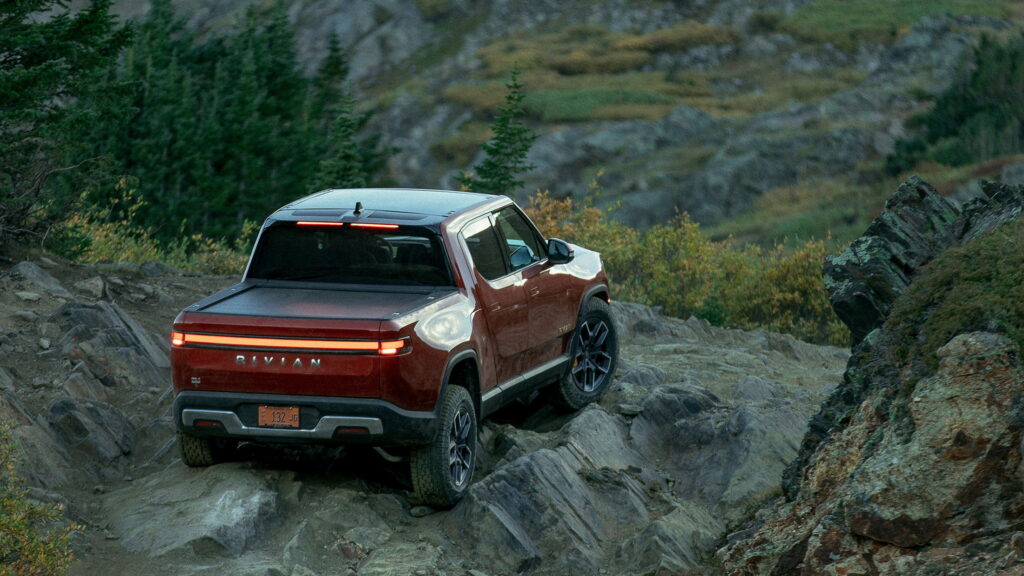The floor is falling out from under young startups like Rivian and Lucid, which can now produce more vehicles than they can sell
5 hours ago
 –>
–> 
–>
Newcomers aiming to carve a niche in the automotive sector were initially concentrated on scaling up the production of their electric vehicles. Now that companies like Rivian and Lucid have successfully achievied this milestone, the landscape has shifted, leaving these startups grappling with a decline in demand as the uptake of EVs progresses sluggishly.
Both American startups offered disappointing production outlooks last week, and neither believes they will be able to produce many more vehicles in 2024 than they did last year, causing their share prices to tumble. However, both suggested that the limiting factor wasn’t their ability to produce electric vehicles, it was finding customers to buy them.
“What’s important to recognize here is we are not production-constrained; it is sales and deliveries,” said Lucid CEO, Peter Rawlinson, per the Wall Street Journal. Meanwhile, the backlog of orders that Rivian was counting on last year has shrunk considerably as interest rates have increased, leading to bigger monthly payments on its already expensive vehicles.
advertisement scroll to continue
Both companies produce high-end EVs at a time when affordability has become one of consumers’ biggest concerns. Whereas the average EV cost $50,369 in January, Rivian’s vehicles sold for an average of $88,000 last year, and Lucid’s highest-performance sedan sells for more than $200,000.
Read: Pricey Cars, Not Range Anxiety, Are The Real Speed Bump For EV Adoption

While legacy automakers can lean on their profitable internal combustion engine vehicles to offset the expense of developing EVs, and the price cuts that increasingly become necessary to attract consumers, Rivian and Lucid can do little but eat into their cash reserves and rely on investors.
That has led to criticism from Elon Musk, the CEO of Tesla, for depending on investors like the Saudi Public Investment Fund and burning through cash. The maker of the Model S got an early start in the EV segment, which meant it was buoyed by a strong economy and customers with buying power. Now that its production apparatus is up and running, it can lean on its cheaper models and its healthy profit margins to cut prices.
Tesla is frequently criticized for initiating a price war in the EV segment, a strategy that both Lucid and Rivian have adopted. This casts doubt on the impartiality of Musk’s perspective regarding the startups’ situation. Nonetheless, Musk’s viewpoint resonates with investor sentiment, which caused Lucid’s share price to plummet by 19 percent last week, while Rivian’s dropped by 38 percent, reaching its lowest-ever level of $10.06 per share.
Current trajectory has them bankrupt in ~6 quarters. Maybe that trajectory will change, but so far it hasn’t. pic.twitter.com/tNNijQ3KwT
— Elon Musk (@elonmusk) February 22, 2024
Both companies are actively seeking pathways forward. They are both strategizing to introduce new, more affordable models by 2026 that will compete with the Tesla Model Y, which was one of the best-selling vehicles on earth last year.
In the near term, Lucid is actively seeking partners to whom it can sell its batteries and motors, aiming to generate revenue. Meanwhile, Rivian has announced plans to reduce its workforce by 10 percent among salaried employees as part of cost-cutting measures.
Rivian maintains that it will be able to turn a gross profit by the end of this year, though that will be hard as it only expects to produce roughly the same number of vehicles as it did last year (57,000 units) and will likely have to cut prices to sell them all. As it and Lucid navigate the rocky road to long-term sustainability, both companies say they have enough cash to last them through 2025.

